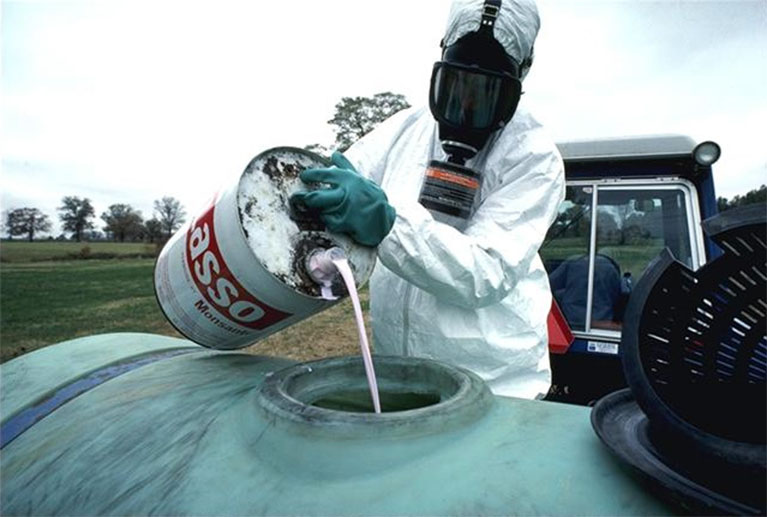
(Photo: United States Department of Agriculture/Wiki Commons)
A recent study has highlighted the growing concern about the decline in insect numbers, citing possible mass extinctions in some species. Whilst this may sound like good news to those who do not like bugs, it is important to realise the possible devastating effect this would have on many ecosystems. We may not all like creepy crawlies but we do need them.
Insects make up the majority of creatures that live on land and provide key benefits to many other species, including humans. They form a crucial part of food chains, providing food for birds, bats, fish and small mammals, pollinate around 75% of the crops in the world and they replenish soils and keep pest numbers in check. They may not be cute or cuddly but a lack of bugs could have far-reaching consequences for many different ecosystems around the world and we need to act.
A recent paper, published in the journal Biological Conservation, reviewed 73 existing studies from around the world published over the past 13 years. Reporting their findings, the researchers said that 40% of insect species are undergoing dramatic rates of decline around the world, which in some regions could lead to mass extinctions of some species over the next few decades. Up to one-third of insect species are classed as endangered. The main reasons for the decline in insect numbers are a loss of habitat, use of pesticides, pollution and climate change.
Animals are becoming endangered due to loss of habitat from deforestation and urbanisation is sadly a common plight. Changes in farming methods also mean that large areas of land are used to grow one crop type only thus reducing biodiversity and affecting native species, in addition, pesticides and pollution mean that many species are facing challenges to survive in a changing landscape. Whilst the plight of many ‘cuter’ mammals are highlighted in the media, the study’s authors say that bees, ants and beetles are disappearing eight times faster than mammals, birds or reptiles and that one-third of insect species are classed as Endangered.
Many other studies in recent years have also shown that individual species of insects, such as bees, have suffered huge declines, particularly in developed economies. This paper looks at other studies to try and get a look at the broader picture, they found that there is evidence to show a recent and rapid decline of flying insects in Germany and a massive drop in numbers in tropical forests in Puerto Rico, linked to rising global temperatures. There has also been a decline in dung beetles that are important for recycling waste and insects like dragonflies that form an important part of ecosystems in and around rivers and ponds.
A reduction in insects will inevitably have an adverse effect on other animals’ that depend on insects for much of their food source, such as birds, reptiles, fish and bats, possibly leading to a devastating collapse in their numbers too. The knock-on effects in ecosystems around the world could be catastrophic.
Some insect species may be able to adapt and increase in numbers, the report acknowledges, especially if some of the species that prey on them decline in numbers. However, the species cited as being the ablest to adapt include cockroaches and houseflies. As these species are happy living indoors alongside man, they are unlikely to be as affected by deforestation and climate change – a world without bees, beetles and butterflies but a boom in cockroaches and house flies does not sound appealing.
So, what can be done to halt the decline in insect numbers? Firstly, more research is necessary as most of the research was based on studies from Europe and North America. More research is needed to assess what is happening in places like Africa and South America. Changes in agricultural practices are also needed to stop the decline and allow insect numbers to recover, agriculture, in particular, was the deemed to be the main cause of insect decline in 40% of the studies reviewed, with researchers highlighting “the way we apply pesticides” as a particular threat. Dealing with deforestation, pollution and climate change are also major challenges that need addressing.
Rachel Kayani